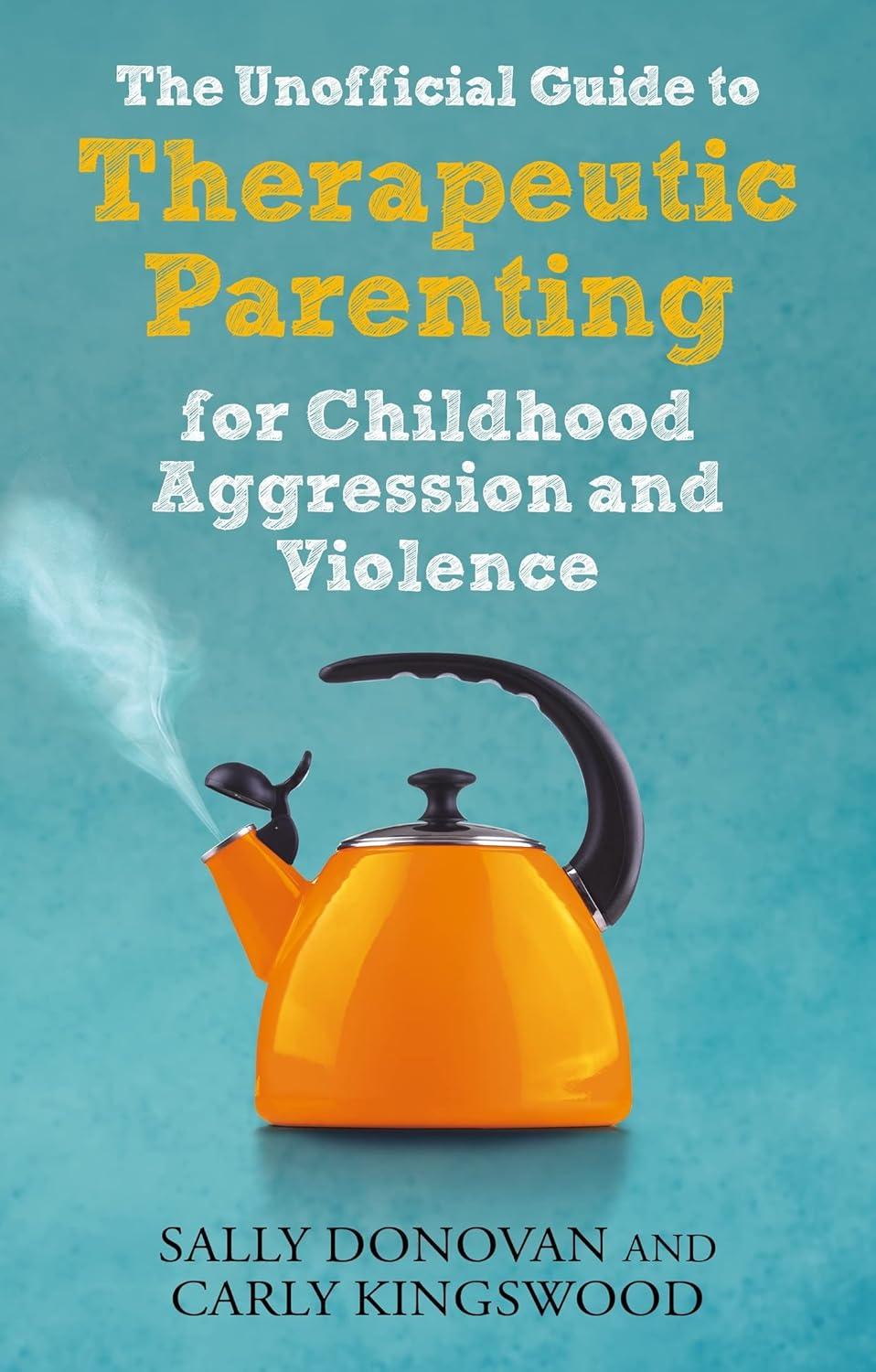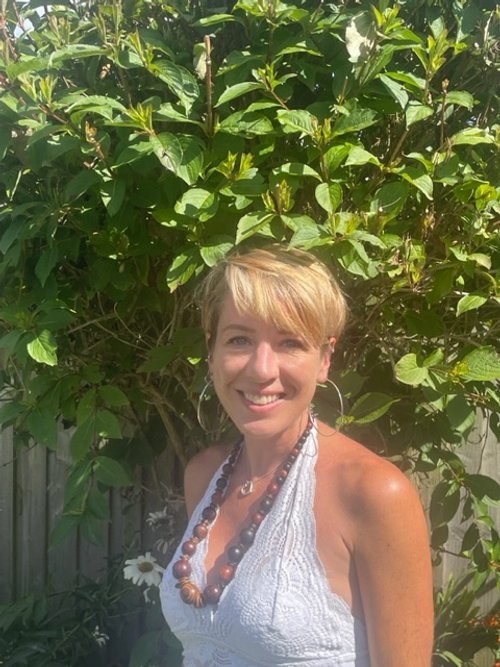
Over several years, as our foster son's complex needs spiralled, so therapeutic parenting became a term synonymous for me with sadness, broken dreams and guilt – pointing to all the things we should have been doing or were doing that weren’t working. This term can still bring me out in a cold sweat as I search for something to take these unspent emotions out on, preferably the unused therapeutic punch bag – yes, we have one - languishing in the garage, next to the bean bag and squashy worry balls.
Yet, as triggering as this term Therapeutic Parenting can be for me there's something different about this book. Donovan is an adoptive parent, while Kingswood is a dyadic developmental psychotherapist and foster carer. Both have parented traumatised children, so the teaching is integrated with their own stories. Even as the authors dissect and explore trauma, it feels like a conversation between friends. Like an annoying but valuable friend, it's direct, too. When anyone defines the meaning of empathy as ‘staying with the s**t,’ you listen.
The authors deftly unpack how complex it is to parent traumatised children and how crucial therapeutic parenting can be to their development and success in managing life. The teaching and practical tips are delivered with understanding, humour and occasional expletives (see above). As anyone caring for children and young people living with the legacy of trauma knows, use of strong language is not the hill to die on, whoever’s using it. The giants of dysregulation, School and Social Media are tackled. The Art of Saying No and Towel-gate are as practical as they are amusing; even Father Christmas gets a thorough critique. It is detailed, though, so unless you have a Matrix-style download available, the chapters are best digested slowly, pen in hand.
As strongly as the book focuses on a child's point of view, it offers us adults the tools to manage and empathise with our own grief and dysregulation. The authors acknowledge the exhaustion and cumulative grief of parenting a traumatised child. ‘We flight, fight and freeze too.’ A little empathy for ourselves can go a long way in extending it to our children.
Personally, our fostering plan was to be long-term carers. It didn't work out like that, though we certainly had some sterling support towards the end. We're grateful for our continued relationship with our boy as he walks through the last years of formal care alongside our current work with underage asylum seekers. Our experience is as Kingswood describes this intense parenting, as learning a science and an art. Developing our Therapeutic Parenting – see, I can say it - as modelled here so well doesn't presume that we and our children shall discover our inner zen and live in perfect harmony. But it offers hope and encouragement for us all to keep going wherever we're at on the journey. That may be all some of us can do right now, a day at a time. And that’s OK. A highly affirming read.

Written by: Tracy Jones








